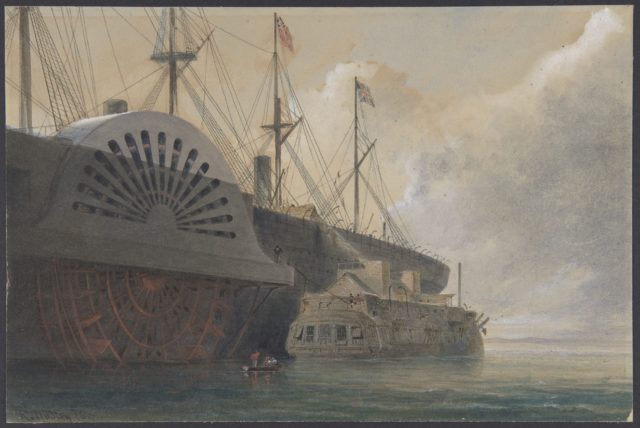Industry News
Another Customs "Clarification" Excludes Feeder Ships from In-Transit Vessel Exemption
TweetMay 15, 2025
By:
Chaney A. Finn
As many importers are aware, the imposition of the “reciprocal” tariffs included an exemption for in-transit goods. However, the terms of the exemption were ambiguous on several points. Thus, Customs previously “clarified” that in-transit exemptions applied only to goods transported by vessel. Now Customs has clarified another point of ambiguity.

Importers had wondered whether goods laden on to a “feeder ship” for transport to the vessel that would cross the Pacific would be exempt from duties. We now know for certain that such goods are not exempt, in Customs’ view, because the exemption applied to goods on their “final mode of transit.” For U.S.-bound ships transporting cargo that is the vessel that unlades in the United States. It is important to note that CBP’s reference to final mode of transit refers to water transportation only. This excludes the subsequent logistics from the port where the cargo is unloaded and sent to the consignee via rail, truck, air, etc.
Feeder vessels, which are the smaller ships that transport cargo from smaller ports to consolidate at larger hub ports, do not qualify as Customs’ parameters of final mode of (water) transit. For Customs purposes, this common logistics practice of transferring cargo between vessels referred to as transloading, is a change in the final mode of transportation. CBP specified this with an update to its FAQ page of the International Emergency Economic Powers Act (IEEPA). To qualify for the in-transit exemption, cargo must have been loaded by April 5 on the same vessel that delivers it to a port of entry of the United States.
U.S.-bound cargo laden upon vessels destined for the U.S. that stops along the way to refuel or load/unload other cargo still qualifies for the in-transit tariff exemption under HTS 9903.01.28. However, the U.S.-bound cargo must have not be unladen during any stops along the way.
Customs indicated their expectation that Post Summary Corrections (PSC) be filed immediately for goods erroneously claiming the in-transit tariff exemption.
Should you have any questions about in-transit exemptions, final mode of transportation, or any other trade related question, do not hesitate to contact any attorney at Barnes, Richardson & Colburn.
